Crazy Rich Asians made waves last summer as the first Hollywood film in 25 years to feature an all-Asian cast. Around the globe, Asians looked up to the big screens and saw themselves represented, not as the stereotypical Asian math geeks or martial artists so often written into American movie scripts, but as real, three-dimensional people with bold personalities.
Crazy Rich Asians is not the only movie that puts a spotlight on Asian and Asian-American culture, though. Given its all-Asian cast and the centrality of Asian culture to the plot, it hit headlines for a good reason. However, there have been other movies that put Asians front and center, especially in the past few years, and as Hollywood continues to grow and change, this list will hopefully keep growing longer.
Updated on December 25th, 2020 by Mark Birrell: Though Crazy Rich Asians may have reminded many movie fans of the damning lack of adequate Asian representation within mainstream North American filmmaking, there are many successful accomplishments made by Asian-American filmmakers for fans of the movie to discover. In accordance with this, we've added a few more examples of greatness from Asian writers, directors, actors, and producers for fans of Crazy Rich Asians to enjoy.
12 Searching
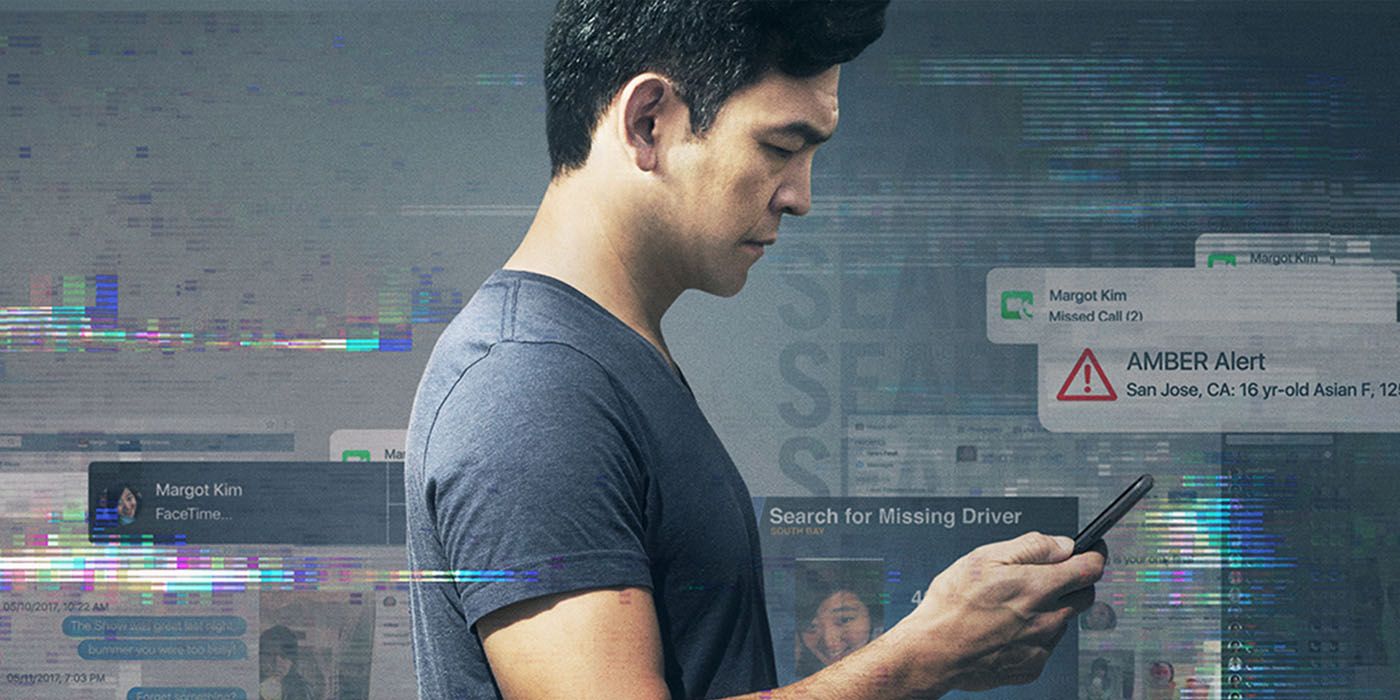
Searching is a thriller focusing on a father's quest to locate his missing daughter. Although it was a much smaller-scale film than Crazy Rich Asians (and about as far from a romantic comedy as you can get), it communicates an equally important message about minority representation. Throughout history, casting a minority in a film often required justification. When one of the characters didn't adhere to the typical standards of Hollywood, there had to be a reason for it. But if the plot centered on a regular American family living in California, then white actors would almost always be cast in the lead roles. Searching turned this standard upside-down, telling a story about a typical family in San Jose that just so happens to be Korean-American. As director Aneesh Chaganty said in an interview with Variety, "You don’t have to justify anyone’s skin color to be in a thriller, to be in an action movie, to be in a mystery. Let the story tell itself, and the people in it should hopefully just reflect everybody who lives in this country."
And if that's not enough for you, the entire story is told through a screen. This may seem strange (and maybe a little too close to real life), but that's the point. In learning about the main characters' lives through their interactions with technology, it's hard not to reflect on the extent to which we live our own lives through screens.
11 Never Forever
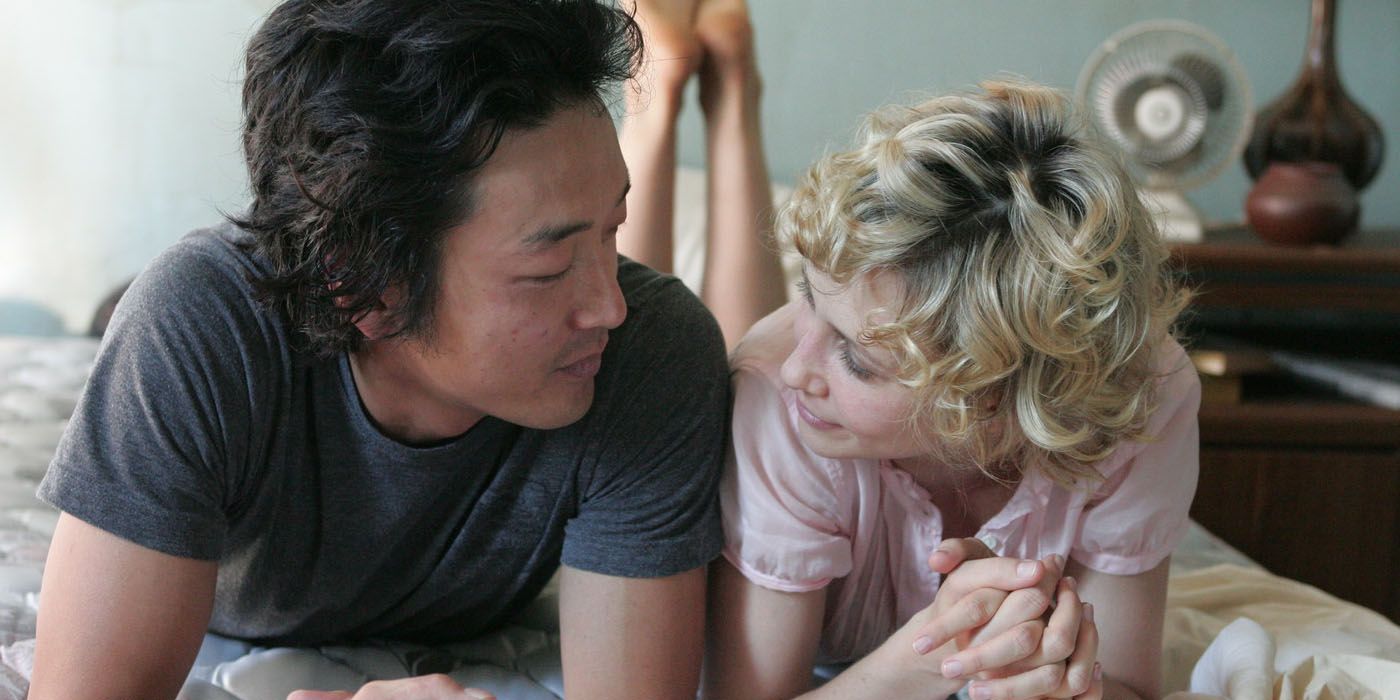
Never Forever explores a cross-cultural romance between a white American woman and her Korean-American husband. When the couple is unable to get pregnant, the main character goes behind her husband’s back to enlist the help of a dashing Korean immigrant… by paying him to donate his sperm in the most direct manner possible, if you catch our drift. Needless to say, an arrangement such as this cannot stay devoid of emotions forever, and things get complicated when the two “business partners” start to develop feelings for one another.
Romantic and poignant, this movie seamlessly weaves the Korean culture of the two male love interests into the story without putting a heavy focus on it, creating two complex characters whose easy charm and good looks smash the sexless Asian stereotypes that so often populate Hollywood films.
10 The Farewell
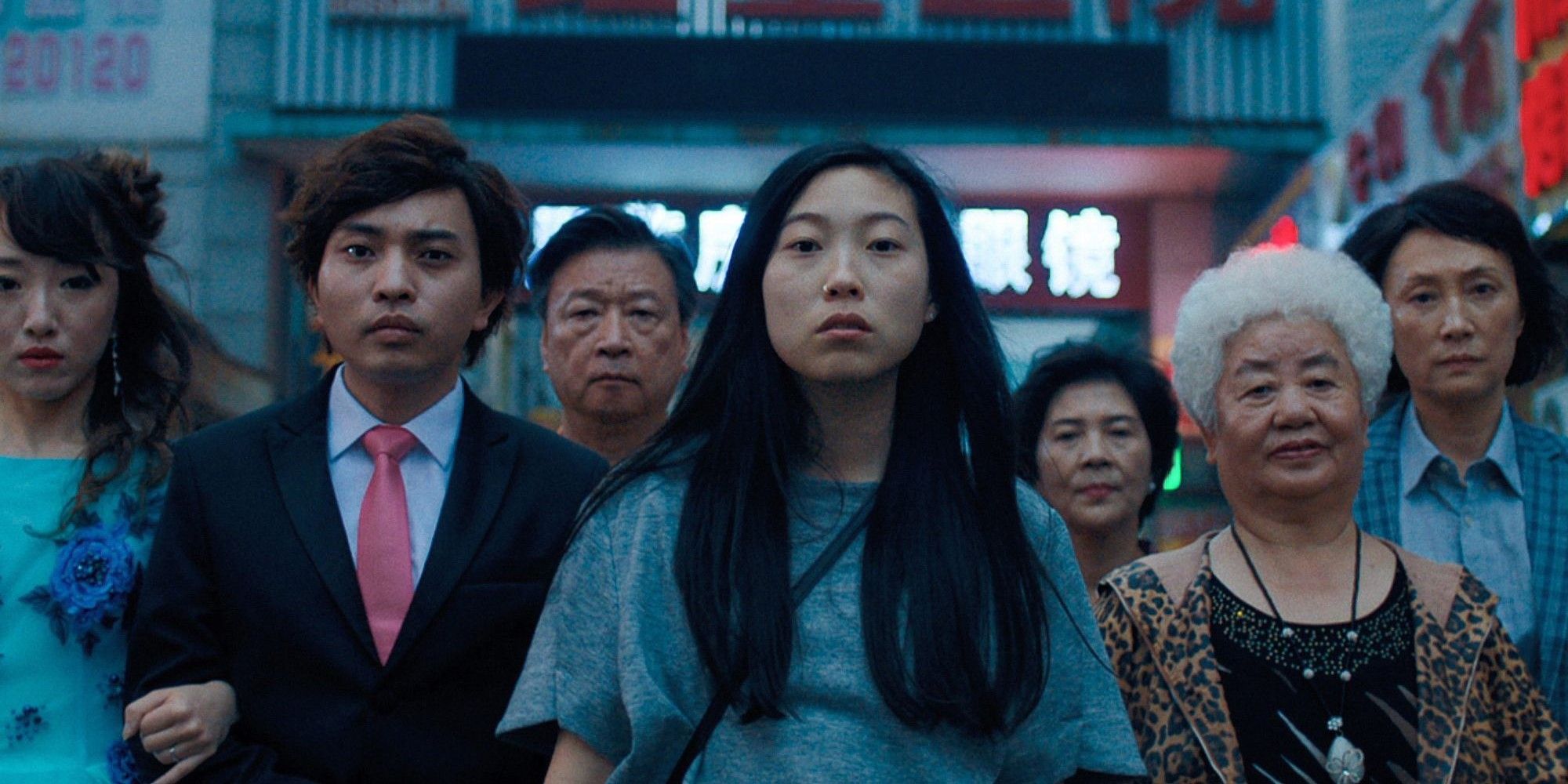
Focusing on a Chinese family that decides not to tell its aging matriarch that she is dying, The Farewell is one of the most critically acclaimed films of the year, holding an impressive 100% score on Rotten Tomatoes.
If that's not enough to draw you to theatres, the one and only Awkwafina stars in the leading role, bringing her usual charm to a movie that balances humor with poignancy while offering a candid exploration of the immigrant experience.
9 Always Be My Maybe
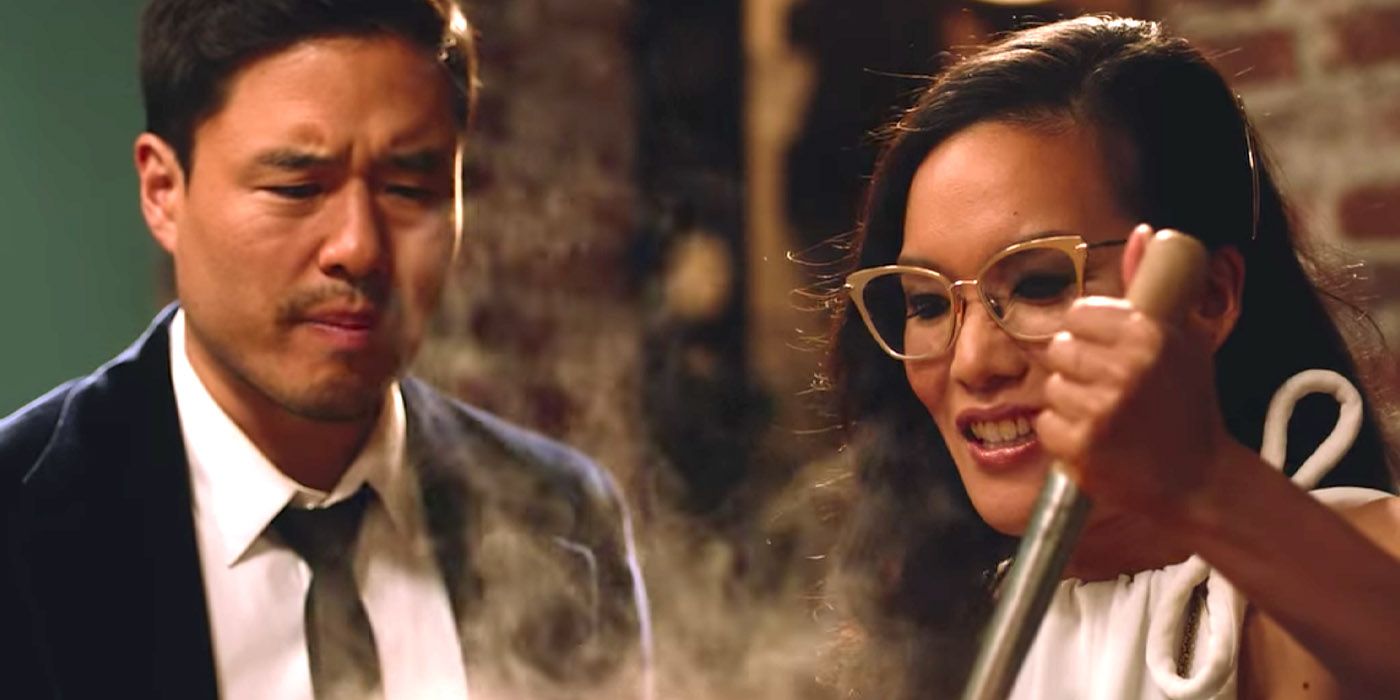
Always Be My Maybe tells the story of two childhood friends who reunite after fifteen years of estrangement. Like many of the other films on this list, it is an important film for minority representation precisely because it does not place a focus on it. Although it boasts an all-Asian-lead cast, including Keanu Reeves playing an exaggerated version of himself that helped to solidify his status as the Internet's boyfriend this summer, Always Be My Maybe allows the romance between the two main characters to take center stage rather than the ethnicity of its actors. It is about two sweethearts who just so happen to be Asian.
Also important is the film's refutation of a significant stereotype associated with the Asian community. Often, Asian-Americans are viewed as the highly successful "model minorities," but this stereotype is damaging for numerous reasons. Asians have the largest income inequality of any ethnic group in America, and generalizations about "privilege" within the Asian community deny this reality. Perpetuating the idea of the Asian model minority also positions the Asian community as the envied outsiders, which leads people to mistrust and discriminate against them. In Always Be My Maybe, instead of pursuing higher education, Marcus Kim focused on caring for his father and building a following for his band. Sasha Tran meets with success not as a doctor, scientist, or engineer, but as a chef. These storylines explore a broadened idea of what it means to be Asian-American.
8 Chan is Missing
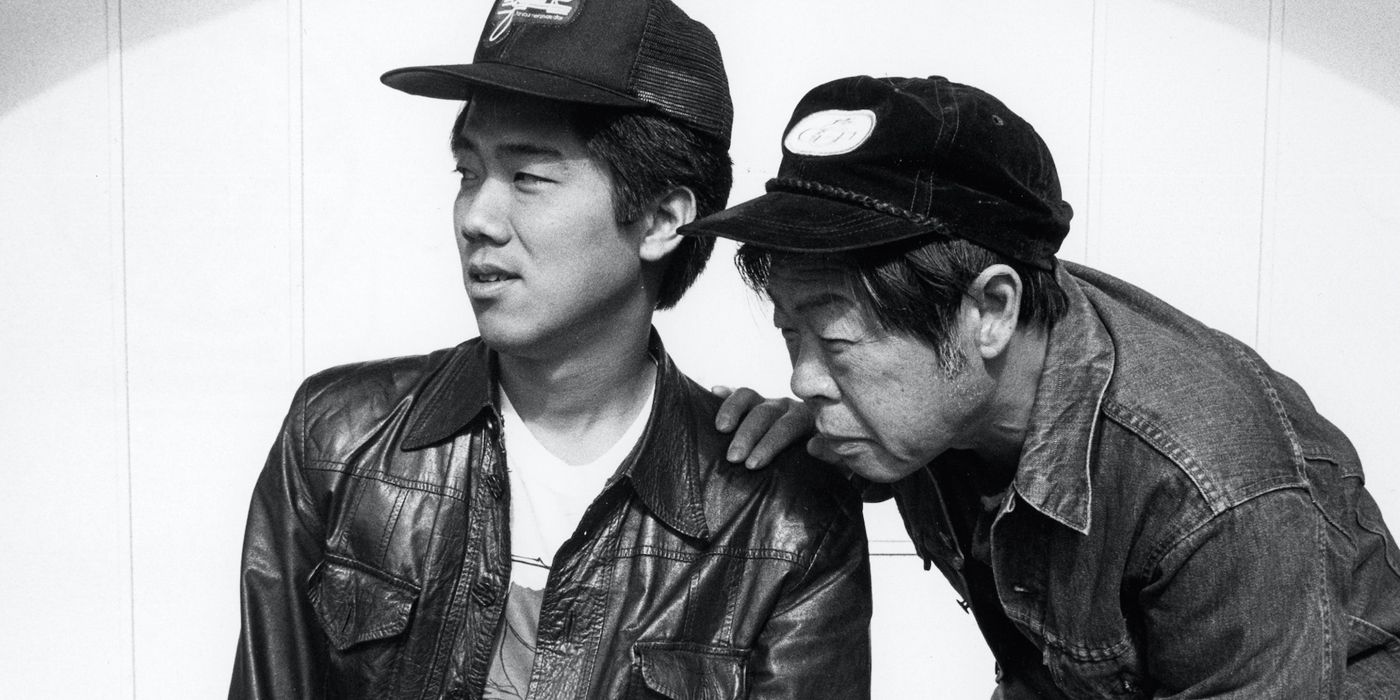
An important stepping stone in the journey for Asian-American movies to be more widely recognized within the film community, Chan is Missing is a funny and stylistic detective story about two Asian-Americans attempting to track down the titular Chan after taking their savings and disappearing.
Released in 1982, it was an early landmark for Asian-American filmmakers and was selected for preservation 13 years later by the Library of Congress and placed into the National Film Registry.
7 Gook
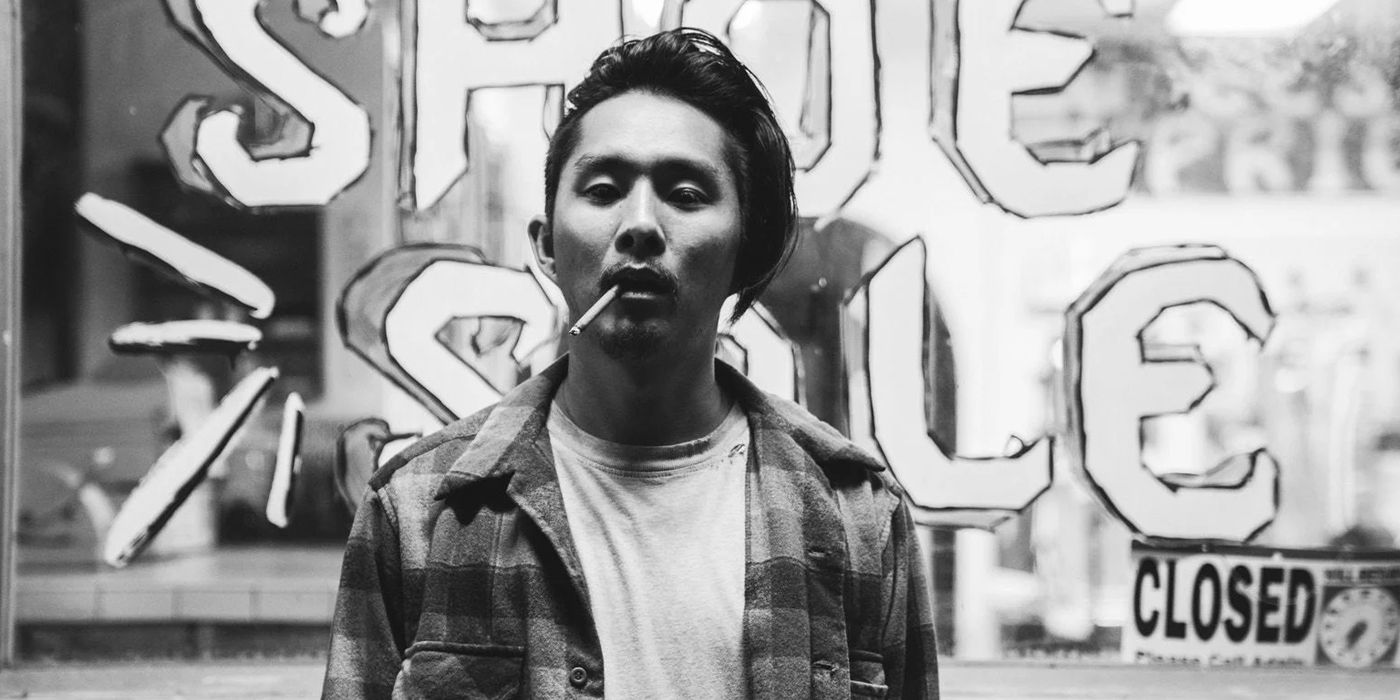
Written and directed by Justin Chon, this 2017 movie tells the story of two Korean-American brothers and their friendship with an 11-year-old girl, set against the turbulent backdrop of the riots in Los Angeles in 1992 that were sparked by the Rodney King police brutality case.
Premiering at Sundance Film Festival, the movie went on to garner huge acclaim, earning an impressive 94% on review aggregate site Rotten Tomatoes.
6 Saving Face
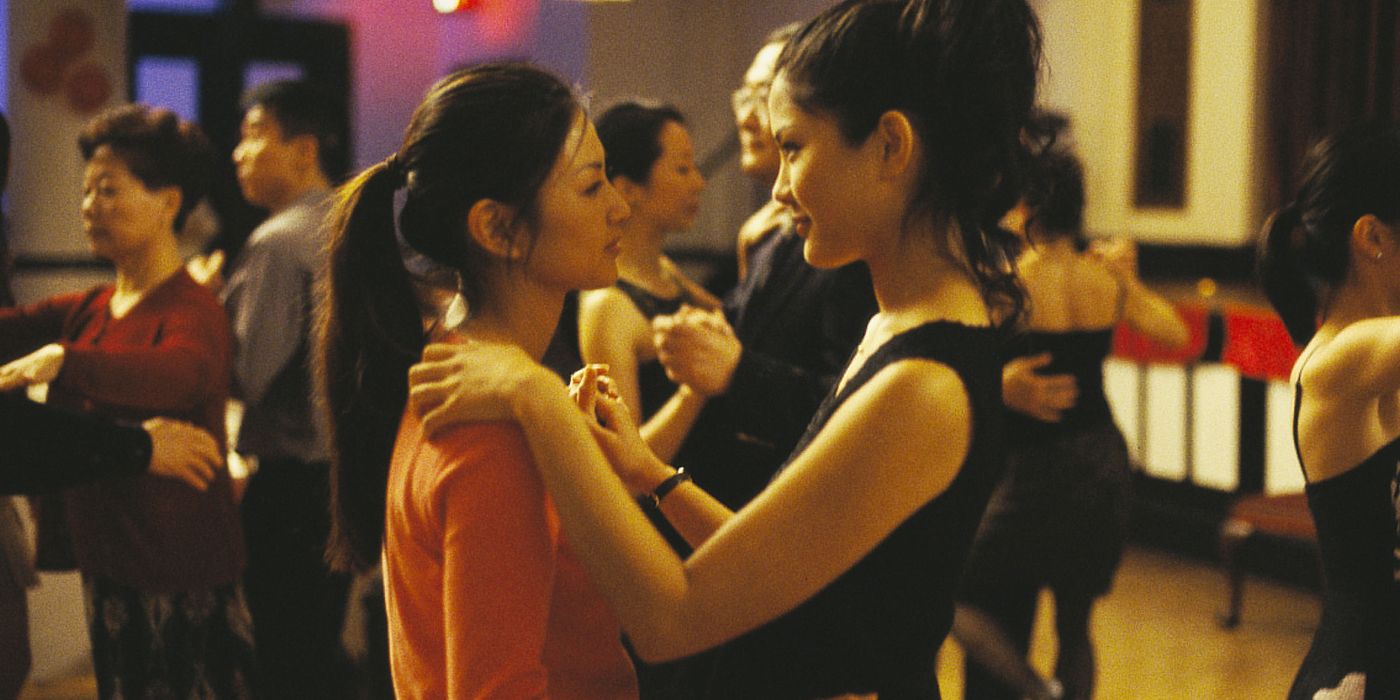
More in the vein of the romantic-comedy-drama genre that Crazy Rich Asians so successfully played to, Saving Face follows the tricky relationship between an Asian-American woman trying to downplay her romantic life as a lesbian when her traditional mother (played by Joan Chen) moves in with her.
Released in 2004, the movie was born out of the personal experiences of writer and director Alice Wu and, though not a wide release, was a big success at the box office, enabling Wu to begin a long career in feature films, with her latest movie, The Half of It, releasing on Netflix in 2020.
5 Double Happiness
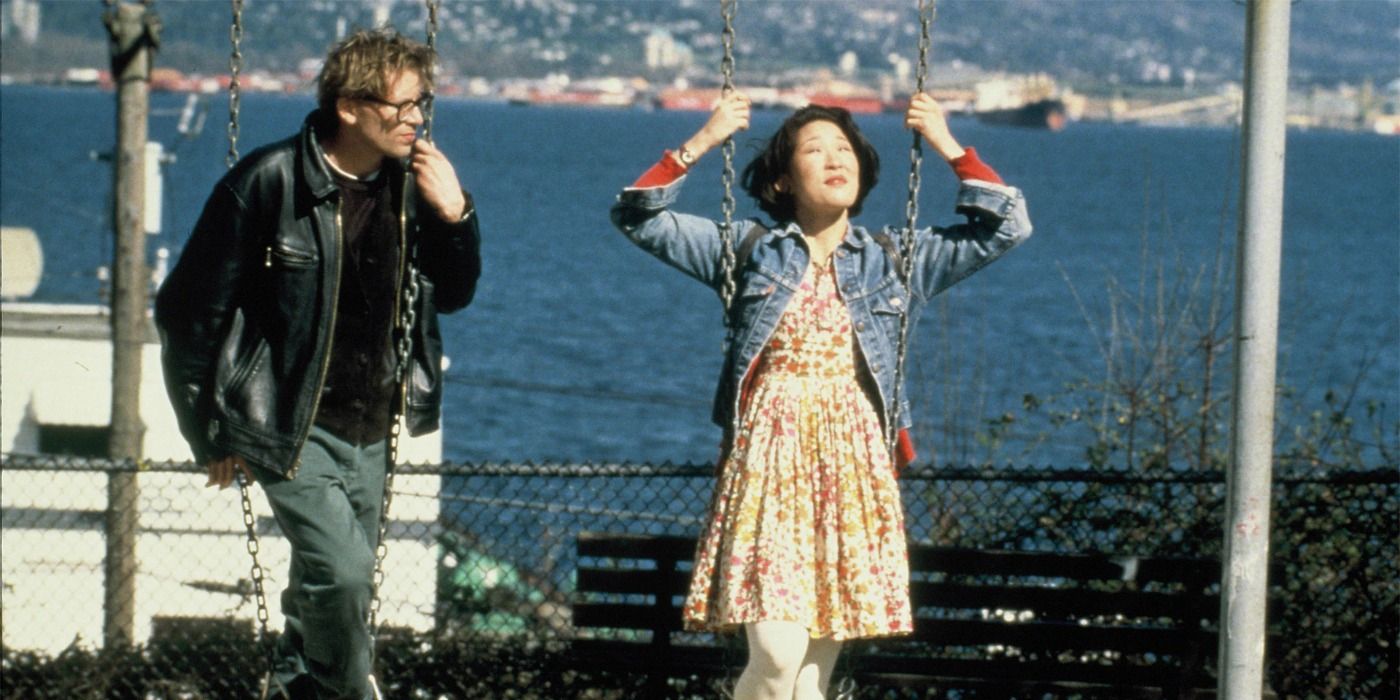
This Candian movie, written and directed by Mina Shum, stars Sandra Oh as a woman struggling to meet the expectations of her traditional Chinese family when it comes to her love life in particular, a facet of her life that is complicated by her attraction to a caucasian man as opposed to the Chinese men that her family sets up for her.
The movie was very well-received and was nominated for 7 Genie Awards, winning 2 (Best Editing and Best Actress in a Leading Role for Oh's performance).
4 The Joy Luck Club
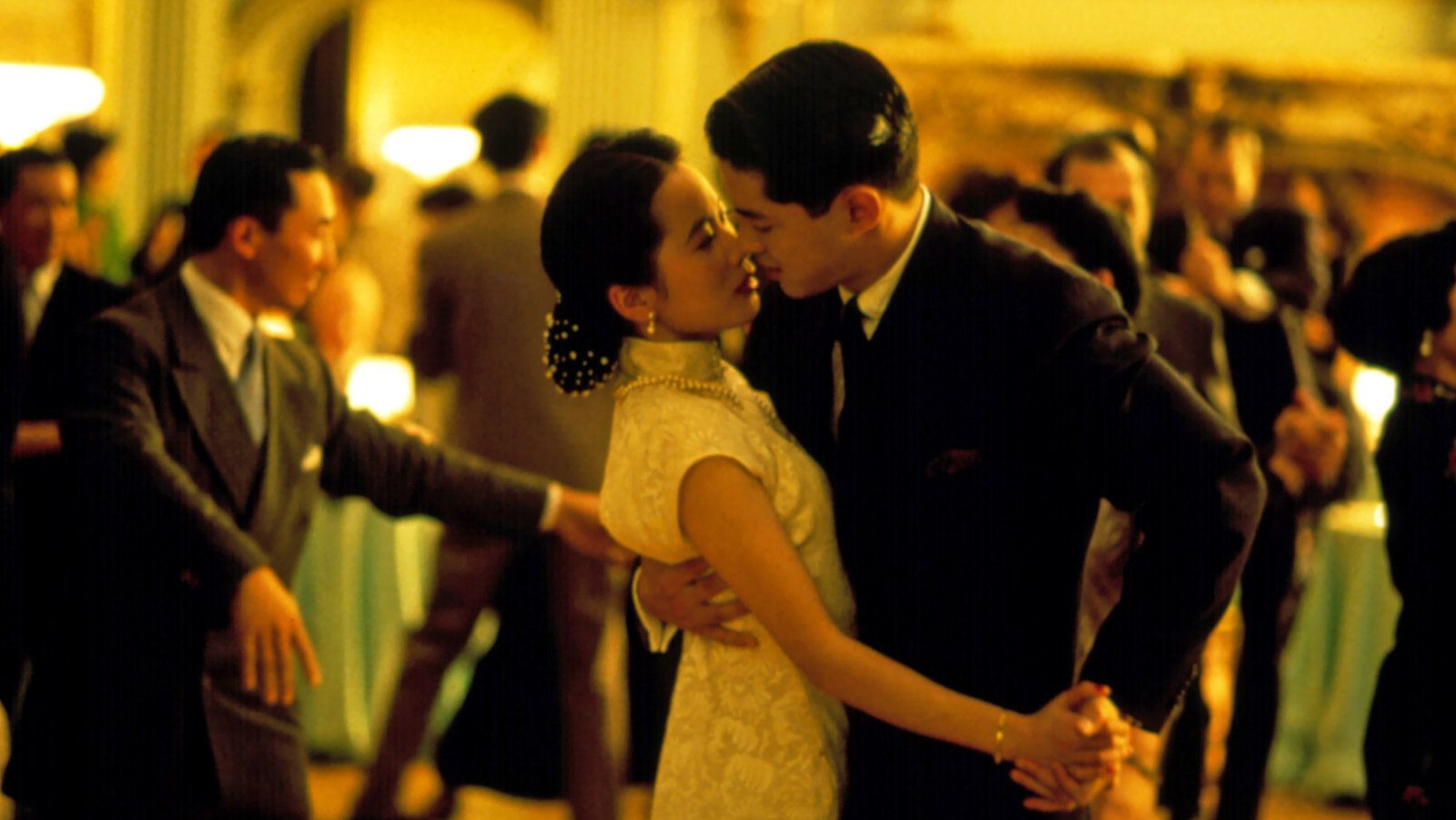
The 1993 film The Joy Luck Club was the first Hollywood film to feature an all-Asian cast, and for two and a half decades, it was one of only a handful of movies that put the focus on the Asian American experience.
Offering a candid depiction of the relationship between four Chinese-immigrant mothers and their Asian American daughters, The Joy Luck Club was groundbreaking, allowing Asian Americans to see themselves reflected onscreen in three-dimensional roles rather than stereotypes for the first time.
3 Harold & Kumar Go to White Castle
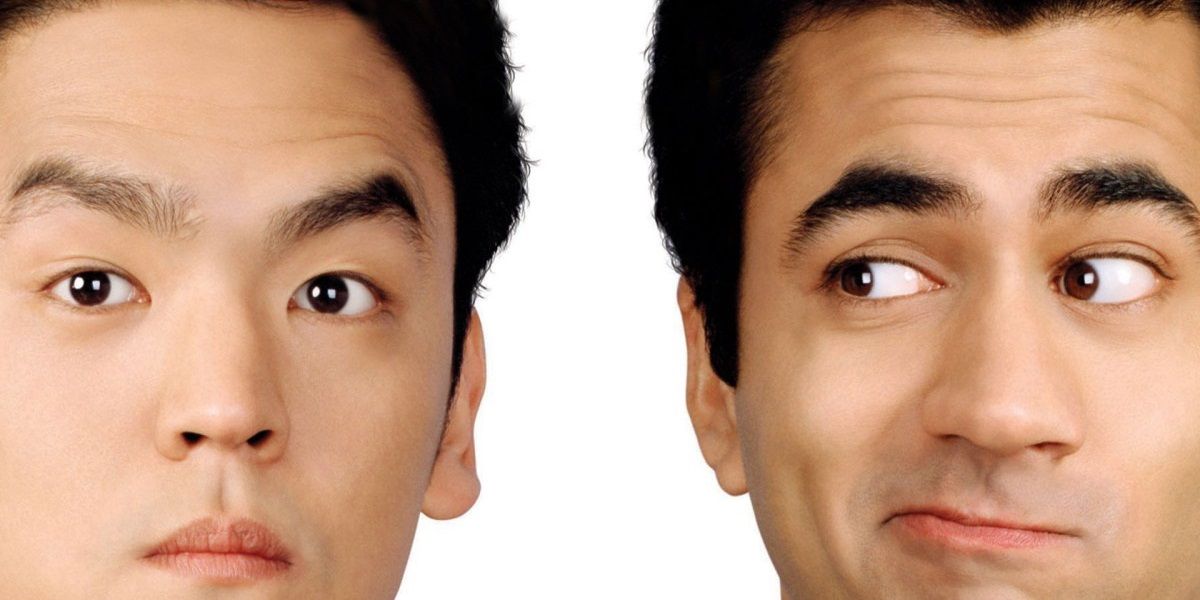
Yes, Harold & Kumar Go to White Castle is a movie about two stoners who ride cheetahs, face off with raccoons and drive around with a crazed version of Neil Patrick Harris. But there's actually an important message written into the subtext of the film (and it's not "Do whatever you need to do to get your hands on that White Castle burger").
The two lead actors are of Asian descent and they break many of the stereotypes commonly associated with Asian men. Instead of being sexless and studious, Harold and Kumar are passionate potheads who put everything on the line for the sake of fast food. It's a movie about two Asian men, but their race is not the focus of the plot. Rather, it's their adventures with college parties, hang gliders, and impromptu surgeries that take the center stage.
2 Better Luck Tomorrow
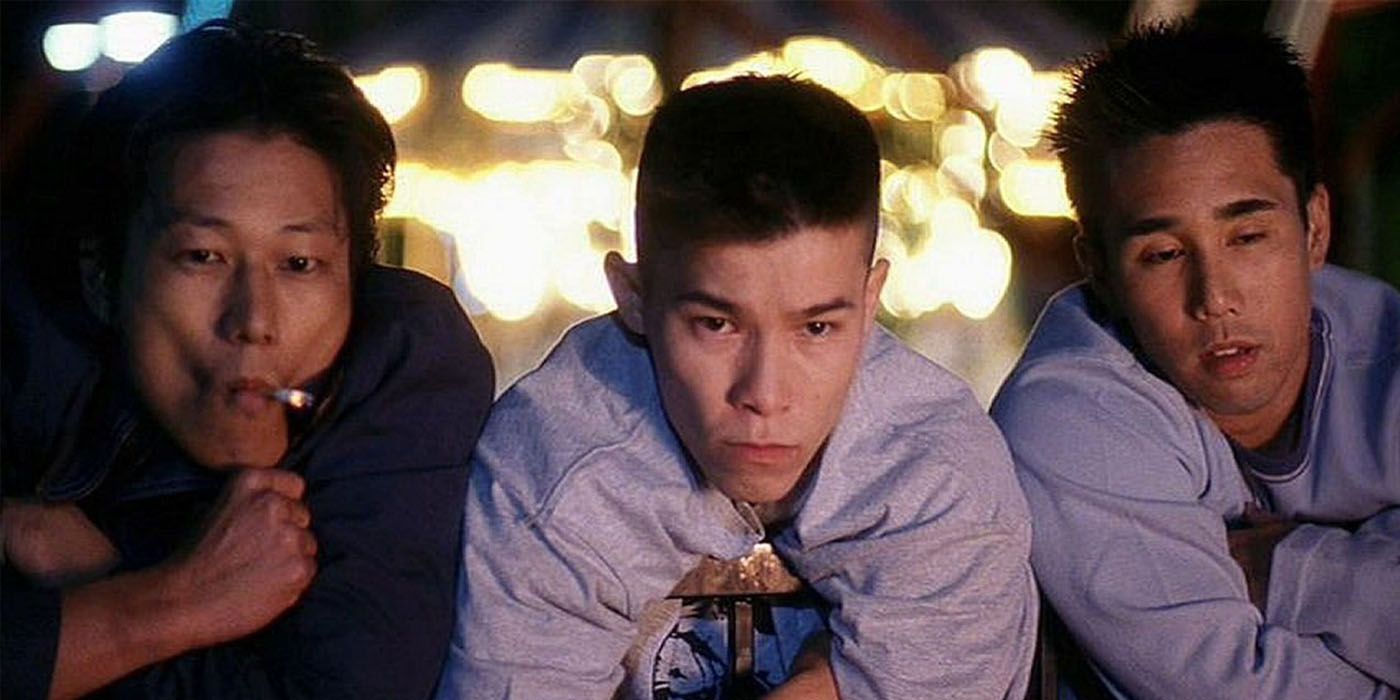
Telling the story of a group of overachieving Asian American teenagers who become bored and turn to crime, Better Luck Tomorrow explores youth culture and remains universally relatable while breaking stereotypes and touching on culturally specific themes.
Premiering in 2003, Better Luck Tomorrow was deemed one of the top movies of the year by critic Roger Ebert, who praised the movie as a story in which "race is not the point but simply the given."
1 To All The Boys I've Loved Before
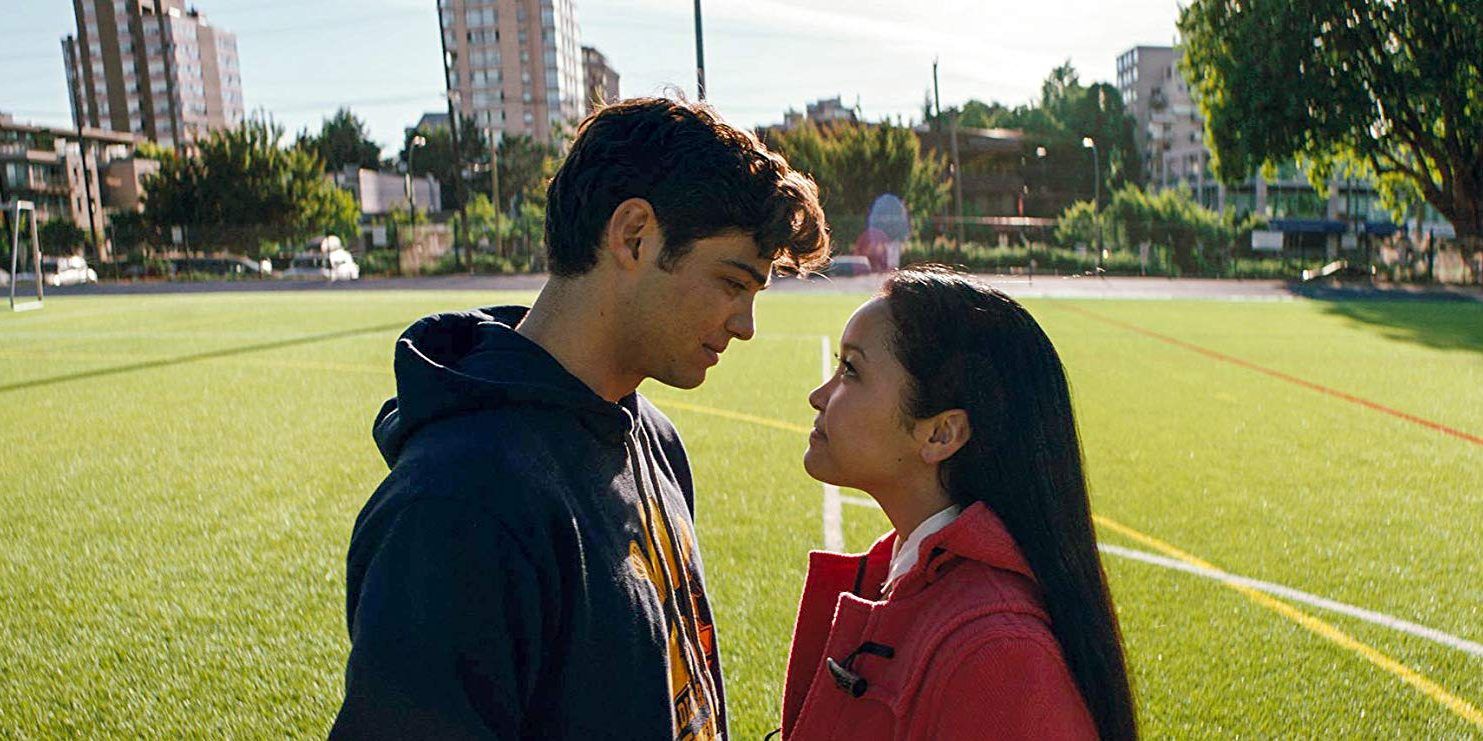
High school is hard enough without all the secret love letters you wrote to your crushes over the years mysteriously getting posted in the mail. But this is exactly what happens to Lara Jean Song-Covey, the main character in the Netflix teen romance To All The Boys I've Loved Before. Although Lara Jean's Korean-American identity is an aspect of the story, her race is not a main plot point in the movie. Rather, the story focuses on her love life, and the drama she has to deal with after her heartfelt declarations of love are made public.
This is important, as minority actors are often limited to roles that make their ethnicity a dominant part of the story. It is valuable to explore the minority experience, but people of all backgrounds deal with heartbreak, teenage angst, and high school drama. Restricting the race of actors cast in teen romance movies (and any other genre of movies) functions to deny the universality of the human experience. Sweet, funny, and one of few movies to feature an Asian-American woman in the lead role, To All The Boys I've Loved Before is an important step in the right direction for Hollywood.
from ScreenRant - Feed https://ift.tt/2KAaGCS

0 Comments